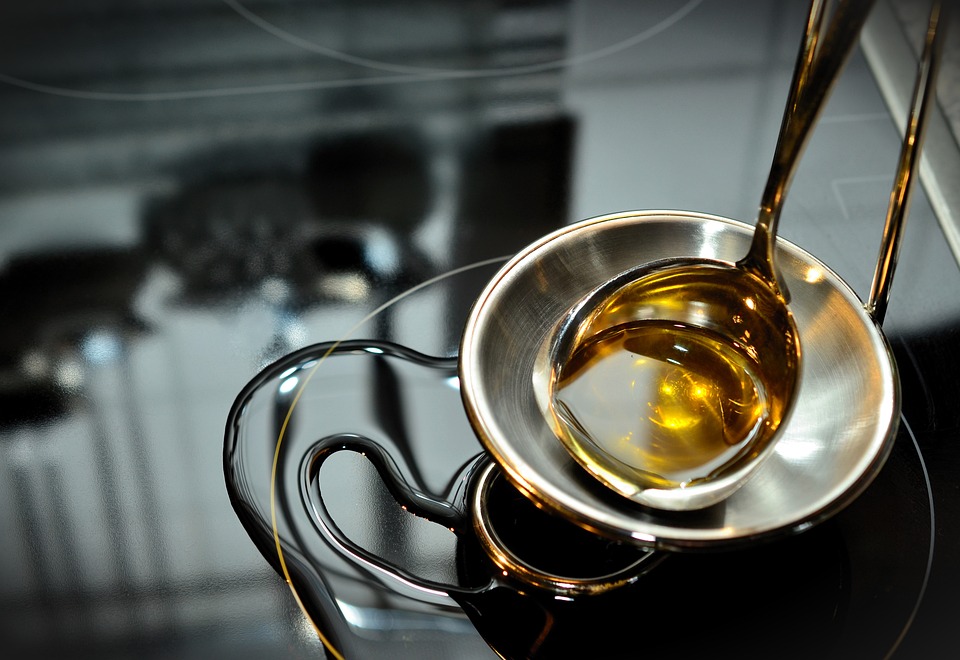


Partially hydrogenated oils (PHOs) are commonly used in margarine, cocoa butter substitute, plant butter, shortening, sauces, pies, cookies, cakes, and a variety of baked and fried foods. However, PHOs are a significant source of industrially produced trans fatty acids, which increase the risk of cardiovascular disease. At present, the United States, Canada, Thailand and Singapore have completely banned the use of PHOs in food, and Australia and New Zealand also intend to ban the use of PHOs in food.
In order to eliminate the sources of industrially produced trans fatty acids at source and protect the health of the people of Hong Kong, Hong Kong promulgated “Regulation on Harmful Substances in Food (Amendment) in 2021” and “Food and Drugs (Composition Combination and Labelling) (Amendment) Regulation in 2021”, which lists PHOs as prohibited substances in food and requires prepackaged foods containing fully hydrogenated oils to be marked accordingly in their ingredient lists. The regulations above come into effect on 1 Dec 2023. Foodmate sorted out and interpreted the relevant provisions as follows:
1. The use of PHOs is prohibited
According to “Regulation on Harmful Substances in Food (Amendment) in 2021”,no person shall import oil or fat or a mixture of both containing PHOs for human consumption, and no person shall sell or entrust or deliver for sale food (including oil or fat or a mixture of both) containing PHOs for human consumption.
That is , all food served in Hong Kong must not contain PHOs, including prepackaged and non-prepackaged food, edible oils such as margarine and shortening, and food additives. If the trans fatty acid content of the food exceeds 2% of the total fat content, the Centre for Food Safety (CFS) may further investigate whether the food contains PHOs.
2. Mandatory labeling of fully hydrogenated oil
According to “Food and Drugs (Composition Combination and Labelling) (Amendment) Regulation in 2021”, if the food consists of or contains hydrogenated oils, the list of ingredients shall contain a reference to "hydrogenated oils"; or the name of the oil shown on the list of ingredients shall be described by the word "hydrogenated". That is, if prepackaged food contains hydrogenated oil, it must be labeled accordingly, such as , "hydrogenated oil", "hydrogenated fat", "fully hydrogenated oil", "fully hydrogenated fat", and so on.
Because PHOs are listed as prohibited substances in food, if the oil in a product is labeled "hydrogenated" on the ingredient list, the product should contain only fully hydrogenated oils.
In addition, “Food and Drugs (Composition Combination and Labelling) (Amendment) Regulation in 2021” makes it clear that PHOs are not exempt from the labeled list of ingredients.
Brief summary
On 1 Dec 2023, Hong Kong will officially ban the sale of food containing PHOs, and fully hydrogenated oils are required to be labeled in accordance with regulations. Through the Food Surveillance Programme, the CFS will take food samples at the import, wholesale and retail levels for testing to assess the risk of food products, including PHOs and trans fats, and take enforcement action against non-compliant food products.
In order to ensure the smooth export of products to Hong Kong, food exporters should pay attention to adjusting the ingredients of foods that may contain PHOs. When procuring ingredients or food products, should choose those without PHOs, and require suppliers to submit relevant documents, such as product specifications, laboratory reports, to ensure that these ingredients or food products do not include PHOs. If fully hydrogenated oil is used in food, it should be indicated on the food label as required.
Need help or have a question?
Send mail